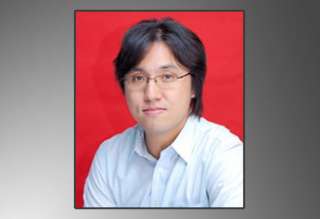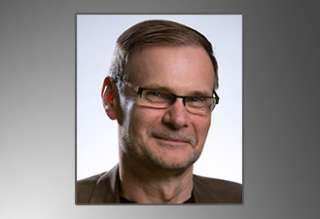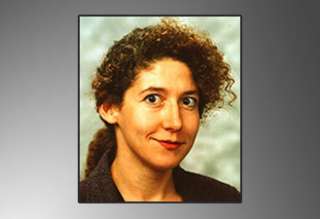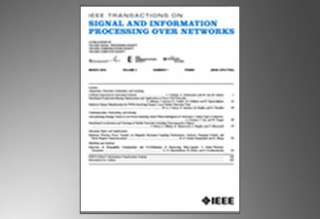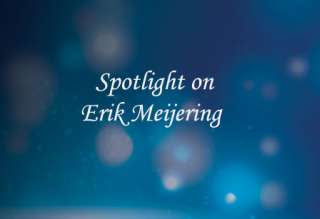SPS Feed
Top Reasons to Join SPS Today!
1. IEEE Signal Processing Magazine
2. Signal Processing Digital Library*
3. Inside Signal Processing Newsletter
4. SPS Resource Center
5. Career advancement & recognition
6. Discounts on conferences and publications
7. Professional networking
8. Communities for students, young professionals, and women
9. Volunteer opportunities
10. Coming soon! PDH/CEU credits
Click here to learn more.
The Latest News, Articles, and Events in Signal Processing
Lecture Date: February 27, 2019
Chapter: Guangzhou
Chapter Chair: Yuanqing Li
Topic: Hyperspectral Unmixing: Insights and Beyond
Lecture Date: June 27-28, 2019
Chapter: Indonesia
Chapter Chair: Fiky Suratman
Topic: TBD
Lecture Date: June 23-24, 2019
Chapter: Malaysia
Chapter Chair: Syed Abu-Bakar
Topic: TBD
Lecture Date: June 21, 2019
Chapter: Singapore
Chapter Chair: Lokesh Bhima Thiagarajan
Topic: TBD
Lecture Date: March 8, 2019
Chapter: San Diego
Chapter Chair: Delbert Fugal
Topic: Data Fusion Through Matrix and Tensor Factorizations:
On Current Solutions, Challenges, and Prospects

Openings for Summer Internships in HLT @ AMAZON AI
Palo Alto, Seattle, Pittsburgh, New York

Lecturer/Senior Lecturer in Speech and Language Processing
We are looking for candidates who will undertake original research in an area of speech technology, offer courses in this area, contribute to our thriving Masters programme in Speech & Language Processing, and supervise and recruit PhD students.
Manuscript Due: July 1, 2019
Publication Date: January 2020
CFP Document
Erik Meijering, the current Chair of SPS’s Bio Imaging and Signal Processing (BISP) Technical Committee, has been pursuing his passion in signal processing from the onset of his education. Realizing early on the vast and evolving ways that signal processing can unlock solutions for the advancement of technology, Erik’s studies began in digital image processing and eventually focused on applications in biomedical imaging for his PhD.

Apply here: https://www.kuleuven.be/personeel/jobsite/jobs/55004282?hl=en&lang=en
Responsibilities

At the University of Trento ( Italy ) we are looking for highly motivated and talented graduate students to join
our research team and work on Natural Language Understanding and Dialog Modeling / Systems.
The Signals and Interactive Systems Lab at University of Trento attracts researchers from
computational linguistics, psychology, electrical engineering and computer science to design, train and evaluate

Two Postdoctoral Researcher/Project Researcher positions in speech processing
The University of Eastern Finland, UEF, is one of the largest multidisciplinary universities in Finland. We offer education in nearly one hundred major subjects, and are home to approximately 15,500 students and 2,500 members of staff. We operate in Joensuu and Kuopio. In international rankings, we are ranked among the leading universities in the world.
Pages
SPS Social Media
- IEEE SPS Facebook Page https://www.facebook.com/ieeeSPS
- IEEE SPS X Page https://x.com/IEEEsps
- IEEE SPS Instagram Page https://www.instagram.com/ieeesps/?hl=en
- IEEE SPS LinkedIn Page https://www.linkedin.com/company/ieeesps/
- IEEE SPS YouTube Channel https://www.youtube.com/ieeeSPS





